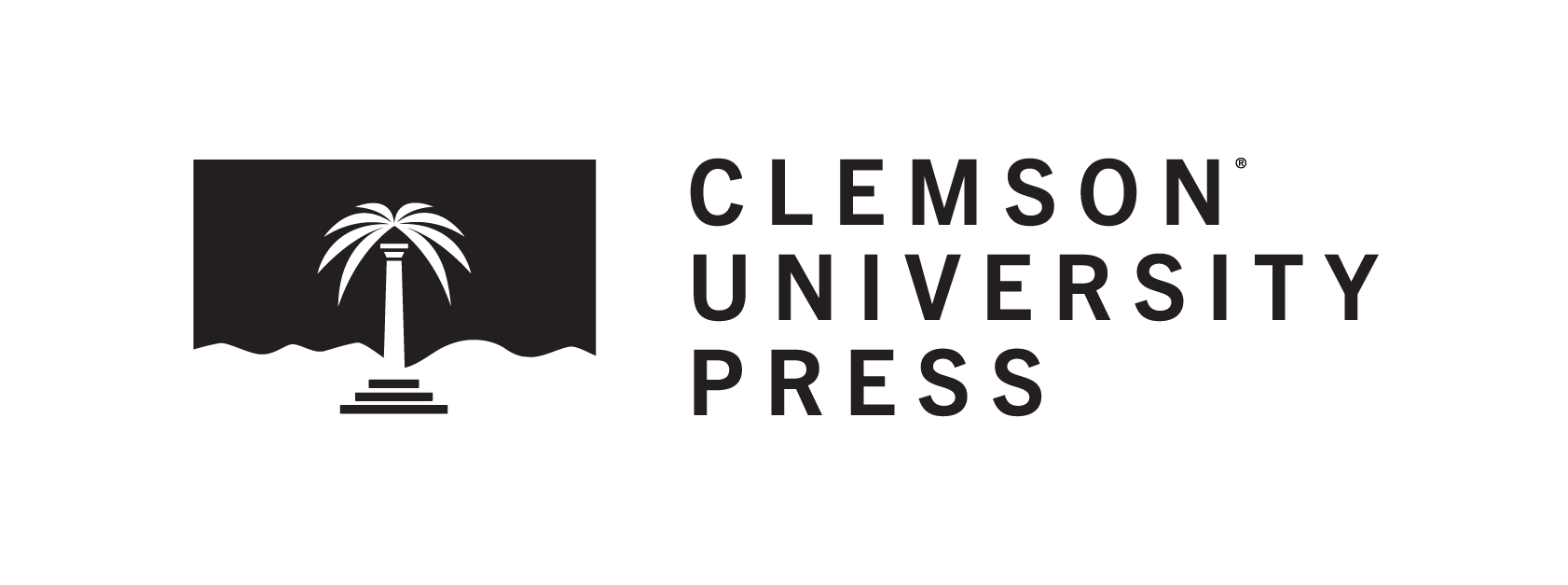Volume
52
Issue
6
DOI
10.34068/joe.52.06.27
Abstract
Extension agents, educators, and specialists are challenged to find effective ways to ensure that our participants learn in program contexts that are inclusive and respectful of all people. In order to make our programs inclusive environments, it is important for us to be brave enough to disrupt statements that are demeaning and marginalize others. This article gives practical ways to deal with statements made by participants that are grounded in prejudice, discrimination, stereotyping, and scapegoating.
Creative Commons License

This work is licensed under a Creative Commons Attribution-Noncommercial-Share Alike 4.0 License.
Recommended Citation
Duke, A. (2014). Creating Safe Spaces Within Extension Programs. The Journal of Extension, 52(6), Article 27. https://doi.org/10.34068/joe.52.06.27


